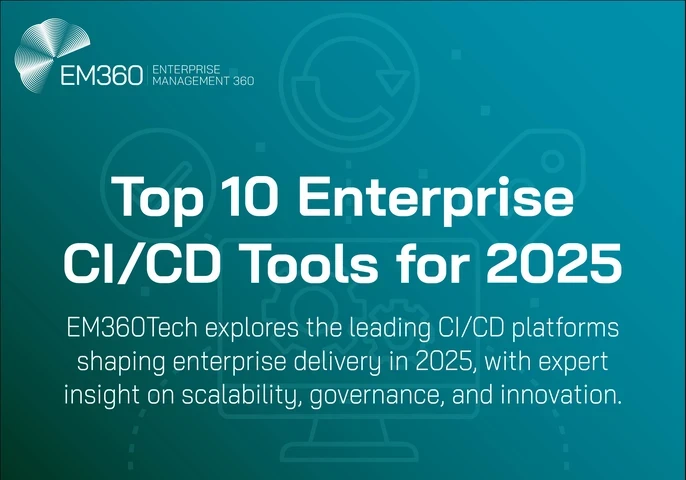In the modern data-driven economy, the availability, quality, and integrity of legal entity data are essential for effective business strategies, compliance, and operational efficiency. Organizations are dealing with more complicated global compliance requirements, intricate organization entity structures, and the need for immediate data availability. To keep up with these demands, businesses are adopting a mix of automation, APIs, and entity integrity in order to improve their data governance and management processes.

The Challenge of Managing Legal Entity Data
Legal entity data includes crucial details like entity titles, registration IDs, jurisdictions, ownership structures, and activity updates. This information supports multiple important activities, including KYC, AML (Anti Money Laundering) processes, accounting, acquisitions, and supply chain risks.
Despite its importance, legal entity data faces issues including duplication, inconsistency, outdated records, and data silos. These issues can cause compliance breaches, reputational damage, and poor business decisions. With the General Data Protection Regulation (GDPR), the U.S. Corporate Transparency Act, and newer rules regarding AML, organizations cannot continue to depend on manual workflows or legacy systems to maintain and manage legal entity data. Automation, APIs, and entity integration help solve these matters.
APIs: Enabling Real-Time Data Integration
APIs are transforming the methods through which businesses seek, share, and integrate legal entity information. They create a safe environment for interaction between different software systems, allowing real-time communication. This allows organizations to fetch the latest legal entity information from authoritative government registries, financial institutions, or third-party data providers.
Also, APIs can enhance internal datasets by adding external data, as for example ownership structures, beneficial ownership details, or even sanctions list screening data. This helps in creating a more complete and accurate entity profile, which aids risk assessment and due diligence processes.
Automation: Reducing Manual Work and Increasing Scale
The use of automation improves APIs by providing workflows that are scalable, repeatable, and less prone to human error. Now, hours spent by legal, compliance, and operations teams checking entity data or preparing reports can be done with one click. Automated processes can monitor data streams, identify errors, and take corrective action in real time.
For example, robotic process automation (RPA) tools can streamline rule-based tasks such as updating corporate registries, matching entity records, or creating audit trails. Combining automation with machine learning enables the system to improve by learning from past oversight.
Automation improves business agility, making it easier for companies to adapt to changes such as new regulations, mergers, or expansion to other regions. These changes can be implemented faster because workflows can be scaled or reconfigured without the need to redesign an entire system.

When Data Must Be Real Time
Why streaming analytics is now core to enterprise strategy, separating fast-moving leaders from lagging, batch-bound competitors.
Entity Integrity: The Foundation of Trustworthy Data
To maintain entity integrity at scale, businesses are increasingly adopting entity management software that integrates and manages all legal entity data on a single, centralized system. Such tools enable businesses to standardize entity records, assign and track unique identifiers, and implement validation rules at departmental and geographic levels. When paired with automation and API capabilities, these systems guarantee that every piece of entity data, regardless of internal or external sourcing, meets the highest standards of accuracy and consistency. This level of control enhances compliance and also optimizes the legal, finance, and governance functions of the organization
By maintaining entity integrity, businesses reduce the risks that arise from poor data quality, such as financial inaccuracies, compliance breaches, and operational inefficiencies. Also, such data helps organizations enhance decision-making, improve onboarding experiences, and enable advanced analytics.
A Unified Vision for the Future
The future of legal entity data is within an ecosystem where connectivity (through APIs), efficiency (through automation), and reliability (entity integrity) exist. Together, these pillars support a data strategy that is real-time, scalable, and audit-ready. This is exactly what modern businesses and regulators demand.
Forward-thinking companies are working with partners providing product development services to custom build platforms, focusing on their entity data needs. From developing compliance systems with APIs to incorporating AI-driven entity resolution powers, these provided services allow for the creation of adaptable solutions.
Inside Modern ETL Architectures
What differentiates leading ETL platforms across connectivity, automation, and scalability for warehouses, lakes, and real-time pipelines.

Conclusion
With legal entity data becoming more essential for businessess, it is clear that companies need to update their data management strategies. APIs enable businesses to access and share data in real time, automation streamlines repetitive work, and a promise to maintain entity integrity builds a solid basis of trust.
These three parts working together will transform legal entity data management, promote innovation, improve compliance, and facilitate informed decisions. The strategic advantage goes to the organization that treats legal entity data as a critical component for intelligent decisions.







Comments ( 0 )